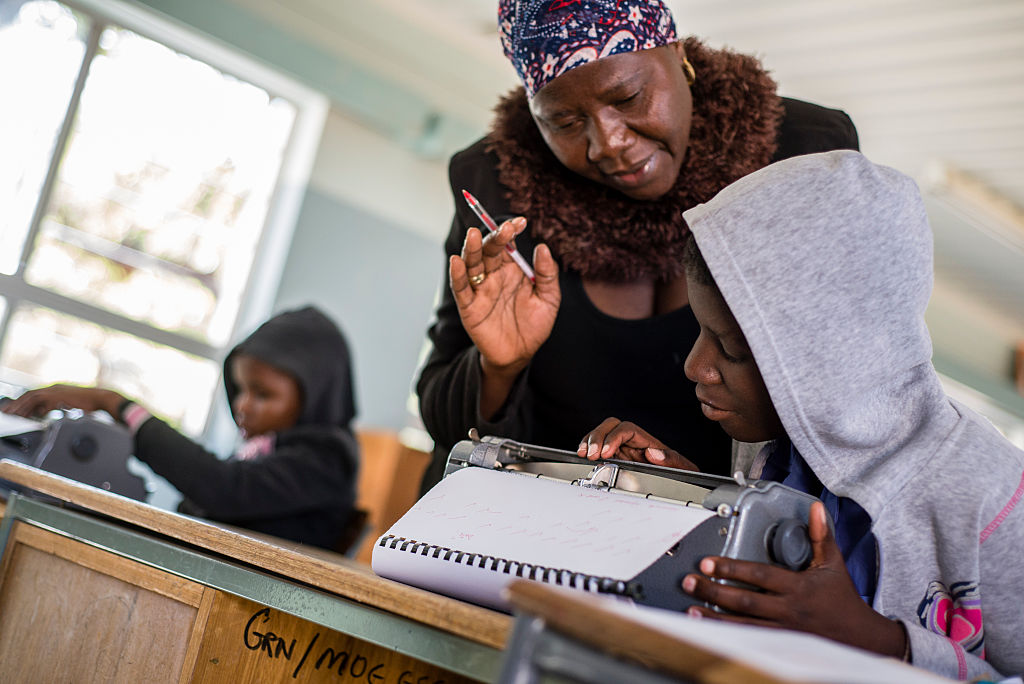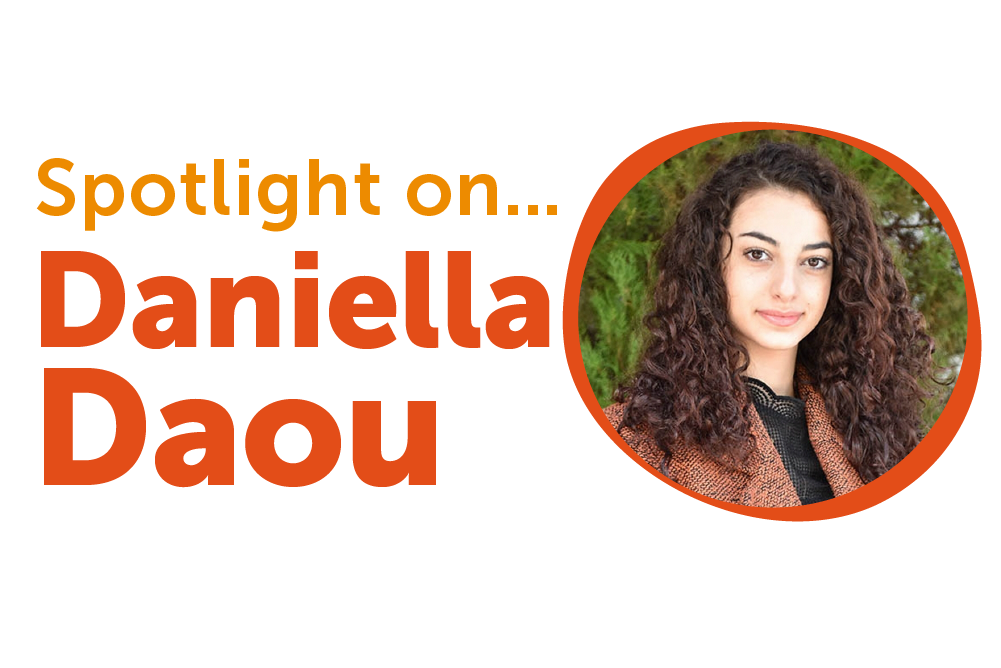About Vibhu Sharma
She is a passionate disability advocate, working as Disability and Inclusion Research Cconsultant with Theirworld, co-chairing the Global Partnership for Children with Disabilities – Youth Council and serving as a Global Board Member of Generation Unlimited. She is a mentor for youth with and without disabilities at national and global levels.

